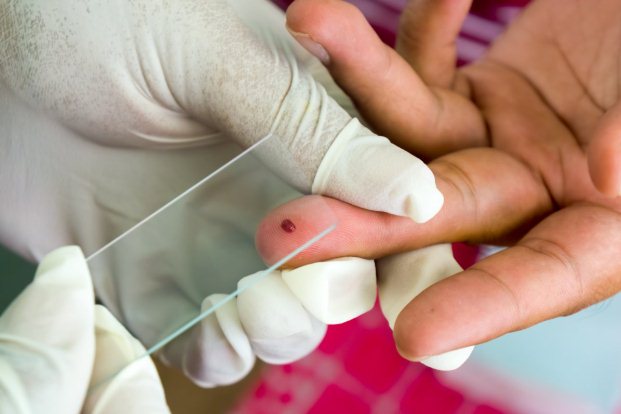How Is Malaria Diagnosed?
Apr 19, 2022
Malaria is a blood-borne disease caused by Plasmodium parasite which is transmitted from one person to another by the bite of Anopheles mosquito. Once the infected mosquito bites a human, the parasites start multiplying in the host liver. Being the world’s deadliest disease, it remains one of the child killers on the planet.

Fast Facts on Malaria
- The Anopheles Mosquito is the carrier of Malaria
- Symptoms resemble flu, but, if left untreated can sometimes be fatal.
- Travelers, hikers, and campers can protect themselves with nets, pest control and clothing.
Malaria symptoms can be classified into two different categories – Uncomplicated and Severe
Uncomplicated symptoms: Diagnosis is done when symptoms are present, but, there is no signs of severe infection. Symptoms include:
- Fever, headaches, and vomiting
- The sensation of cold and shivering
- Seizures
- Sweats with a return to normal temperature and tiredness.
Severe Symptoms: In this case, evidence shows the sign of vital organ dysfunctions. Symptoms include:
- Impaired consciousness
- Fever and chills’
- Multiple convulsions
- Deep breathing
- Clinical jaundice
- Abnormal bleeding
Malaria diagnosis is done with the help of blood samples. Following are the method of diagnosis:
Clinical Diagnosis: This diagnosis is based on patient’s symptoms and physical findings. Physical findings symptoms include fever, nausea, vomiting, and headache which are not specific and are found in other diseases too. Clinical findings symptoms like coma, neurologic focal signs, severe anemia and respiratory difficulties are more striking and increase the suspicious of malaria. Clinical findings should be confirmed by a laboratory test for malaria.
Microscopic Diagnosis: In this method, a drop of patient’s blood is smeared on the microscopic slide. The specimen is then stained using Giemsa stain in order to give the parasite a distinctive appearance. It is then viewed under the microscope.
Antigen Detection: In order to detect antigen derived from malaria parasite, several test kits are available, these Rapid Diagnostic tests provide the useful alternative to microscopy. The kit must include a dipstick or cassette format and can provide results in 12-15 minutes. RDT can decrease the amount of time that is taken to determine the infection of the malaria patient.
Molecular Diagnosis: In this method, parasite’s nucleic acid is detected using Polymerase chain reaction. Though, it is the most useful for confirming the species of malaria parasite, but, its results are not available quickly enough









